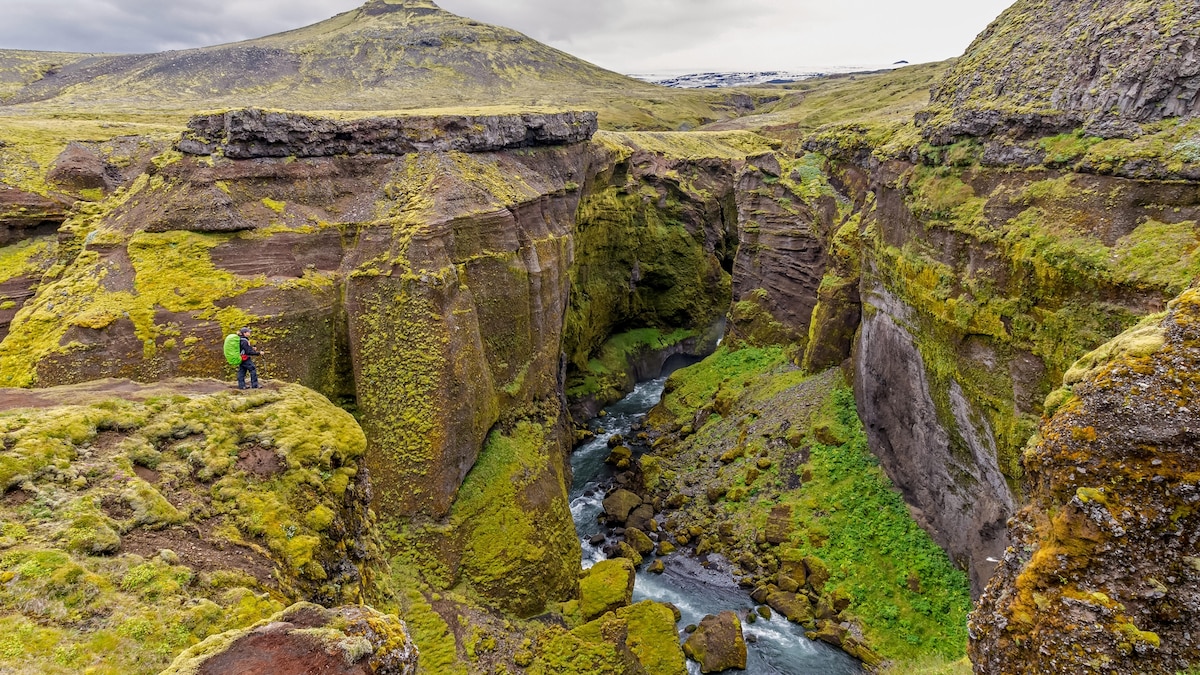Now Reading: 6 Stunning Getaways to Disconnect from Wi-Fi and Unwind
-
01
6 Stunning Getaways to Disconnect from Wi-Fi and Unwind
6 Stunning Getaways to Disconnect from Wi-Fi and Unwind

Fast Summary
- Access to Wi-Fi has become nearly ubiquitous, making it challenging to completely disconnect.
- Experts highlight the benefits of staying offline, including improved focus, creativity, mental well-being, and life satisfaction.
- Globally, several remote travel destinations offer Wi-Fi-free experiences:
– Serian Camps (Kenya and Tanzania): Intentionally disconnected safari camps promoting personal immersion in nature and wildlife.
– pamir Mountains (Tajikistan): A Wi-Fi-free zone rich in natural beauty along the Pamir Highway with historical importance tied to the Silk Road.
– american Prairie Reserve (Montana): Over 500,000 acres of wildlife observation opportunities with minimal light pollution for stargazing; limited connectivity at one campground only.
– Wadi Dana Trail (Jordan): Takes hikers through stunning canyons and valleys within the Jordan Trail featuring Petra’s ancient ruins; disconnection extends into Wadi Rum desert camps.
– Corbett Tiger reserve (India): Northern india’s famed tiger reserve devoid of Wi-Fi; provides an opportunity for spotting wildlife like Bengal tigers or elephants amidst natural landscapes like Corbett Falls.
– Laugavegur Trail (Iceland): Remote trail crossing diverse terrains in Iceland’s Highlands with little connectivity except at specific access points.
A growing number of travelers intentionally seek destinations emphasizing a break from digital overload to reconnect with nature.
indian Opinion Analysis
The increasing preference for Wi-fi-free travel underscores modern society’s struggle with information overload and digital dependency.For India specifically, the inclusion of jim Corbett National Park as a featured destination highlights its global appeal as a site blending ecological richness with opportunities for mindful retreats. This recognition reinforces India’s potential as an ideal location to attract eco-conscious tourists seeking experiences that combine biodiversity conservation and cultural distinctiveness.
Additionally, efforts toward maintaining natural sanctity could benefit India’s tourism strategy by promoting lasting practices that align environmentally sensitive locations worldwide. While fostering international interest in its pristine spaces free from technological distractions helps preserve such regions’ integrity over time. The broader global trend indicates expanding demand for destinations prioritizing mindfulness over hyper-connectivity-a movement that India is well-positioned to support given its diverse landscapes.

























